What Are The Applications Of Node JS Full Stack Development?
4.9 out of 5 based on 1445 votesLast updated on 21st Feb 2023 34K Views
- Bookmark

In the present time, Node JS Full Stack Development is a popular choice for building a wide range of web applications.
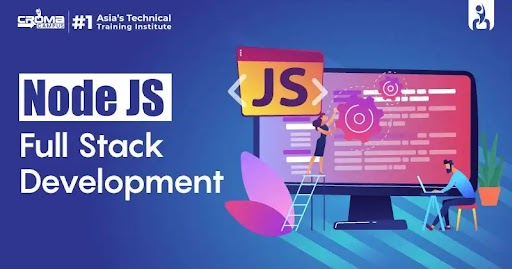
Node.js is a JavaScript runtime built on the V8 engine, which allows developers to run JavaScript code outside of a web browser. With Node.js, developers can build full-stack applications. This means they can write code for both the front-end and back-end of a web application using JavaScript. To become a Node.js full-stack developer, you need to have a strong understanding of web development fundamentals. To learn this tool, there are many resources available online, including tutorials, courses, and documentation, that can help you get started. It's also a good idea to work on some projects to gain practical experience and build a portfolio of work. Additionally, you can also take up Node JS Full Stack Development Course to get better in this domain. To become a Node.js full-stack developer, you should start by learning the basics of Node.js and JavaScript. Further, you can move on to web development concepts and technologies such as HTML, CSS, and databases.
Key technologies essential to be a Node JS Full Stack Developer
Here are some of the key technologies and concepts you should be familiar with:
- Node.js and it is core modules: You should be comfortable working with Node.js and understand how to use its core modules such as fs, HTTP, and path.
- Express: Express is a popular web framework for Node.js that allows you to build web applications quickly and easily.
- Front-end technologies: You should have a solid understanding of front-end technologies like HTML, CSS, and JavaScript. Additionally, some modern front-end frameworks such as React or Angular.
- Databases: You should be familiar with databases such as MongoDB, MySQL, and PostgreSQL. This enables you to be able to interact with them using Node.js.
- APIs: You should have experience working with RESTful APIs and know how to consume and create them.
- Authentication and security: You should understand authentication and security best practices, such as password hashing, encryption, and HTTPS.
- DevOps and deployment: You should be comfortable with DevOps practices and be able to deploy Node.js applications to cloud platforms such as AWS or Heroku.
Applications of Node JS Full Stack Development
Node.js full-stack development is a popular choice for building a wide range of web applications. This is due to its flexibility, scalability, and performance. Here are some of the applications of Node.js full-stack development:
- Real-time applications: Node.js is suitable for building real-time web applications such as chat applications, online gaming platforms, and collaborative tools. It allows for fast data processing and supports real-time communication between the server and the client.
- E-commerce websites: Node.js is often helpful to build e-commerce websites that require fast and efficient handling of large volumes of data. Node.js can also integrate with some popular e-commerce platforms.
- Social media platforms: Social media platforms have used Node.js for their back-end services due to their high performance and scalability.
- Single-page applications: Node.js is a popular choice for building single-page applications (SPAs) due to its fast data processing and ability to handle large amounts of data. Popular frameworks such as React, Angular, and Vue.js can be helpful with Node.js to create SPAs.
- Content management systems (CMS): Node.js can help to build content management systems. For instance, WordPress, Drupal, and Ghost, which require efficient handling of data and dynamic content.
Node.js full stack development is versatile. Additionally, it can help to build a wide range of web applications. For instance, from small single-page applications to large-scale enterprise applications.
Conclusion
To sum up, the demand for Node.js full-stack developers is steadily increasing over the past few years. Because more and more companies adopt this technology to build web applications. Node.js offers several benefits, such as its ability to handle large volumes of data and its flexibility for building scalable, high-performance applications. Many popular web frameworks, such as Express, use Node.js as their runtime environment. Therefore, enrolling in Node JS Full Stack Online Course in Noida can be the right decision for your career. As Node.js full stack developers are particularly in demand in industries such as e-commerce, social media, and enterprise software. The job market for Node.js full-stack developers is likely to continue growing in the coming years. Thus, making it a promising career path for those interested in web development.
Subscribe For Free Demo
Free Demo for Corporate & Online Trainings.
Your email address will not be published. Required fields are marked *




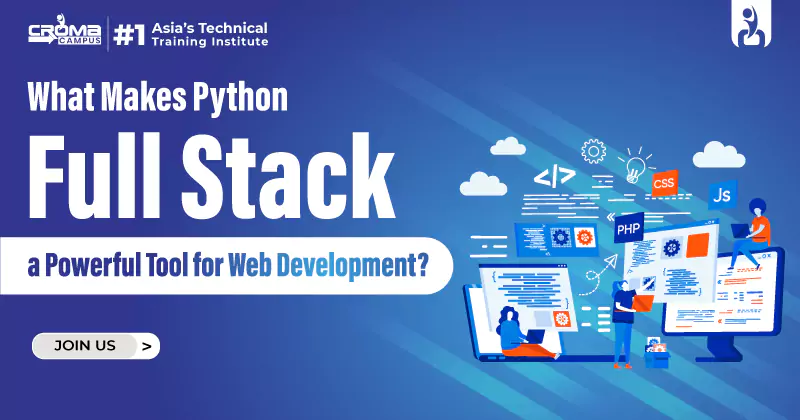
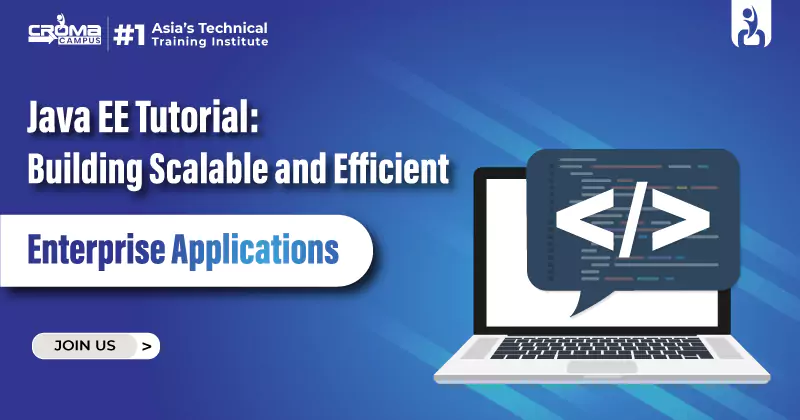
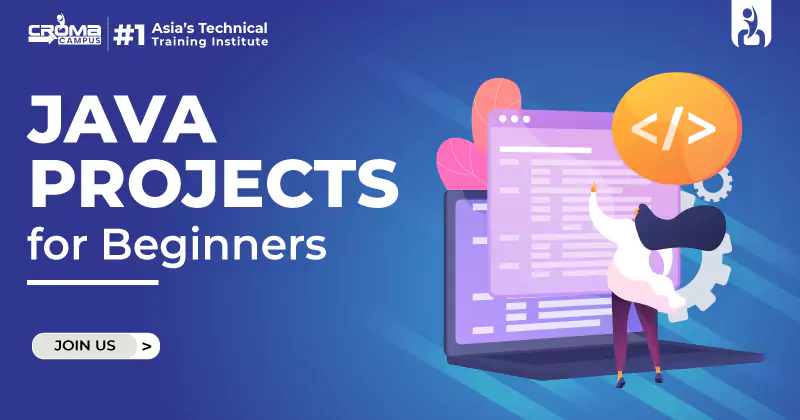
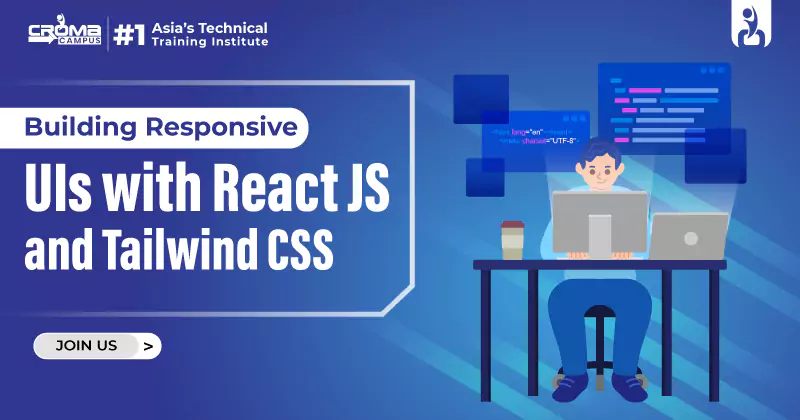


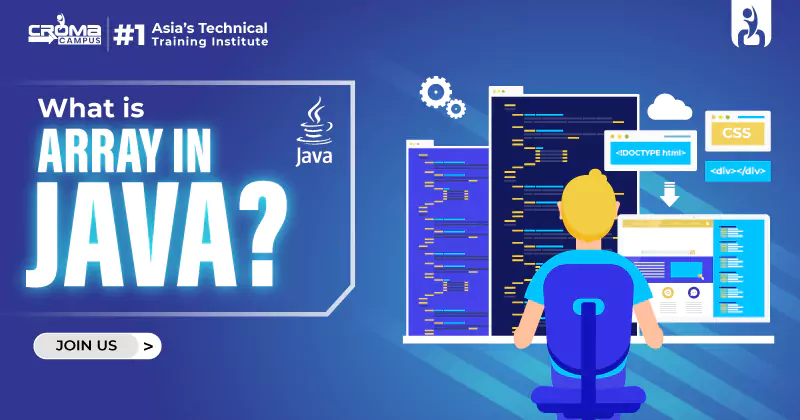










 Master in Cloud Computing Training
Master in Cloud Computing Training